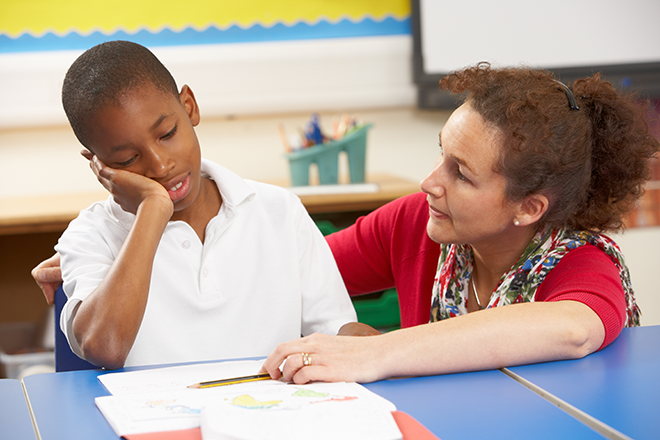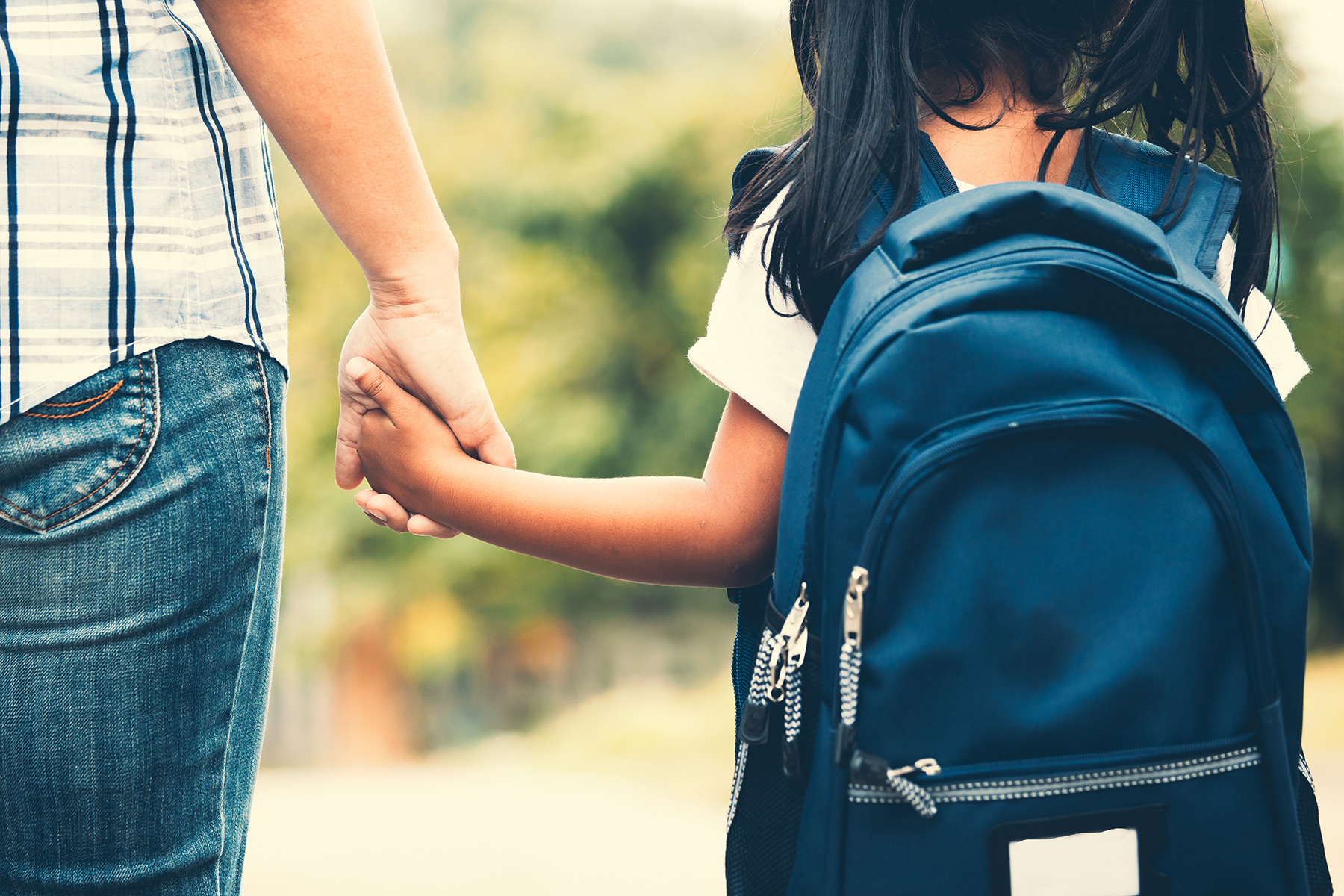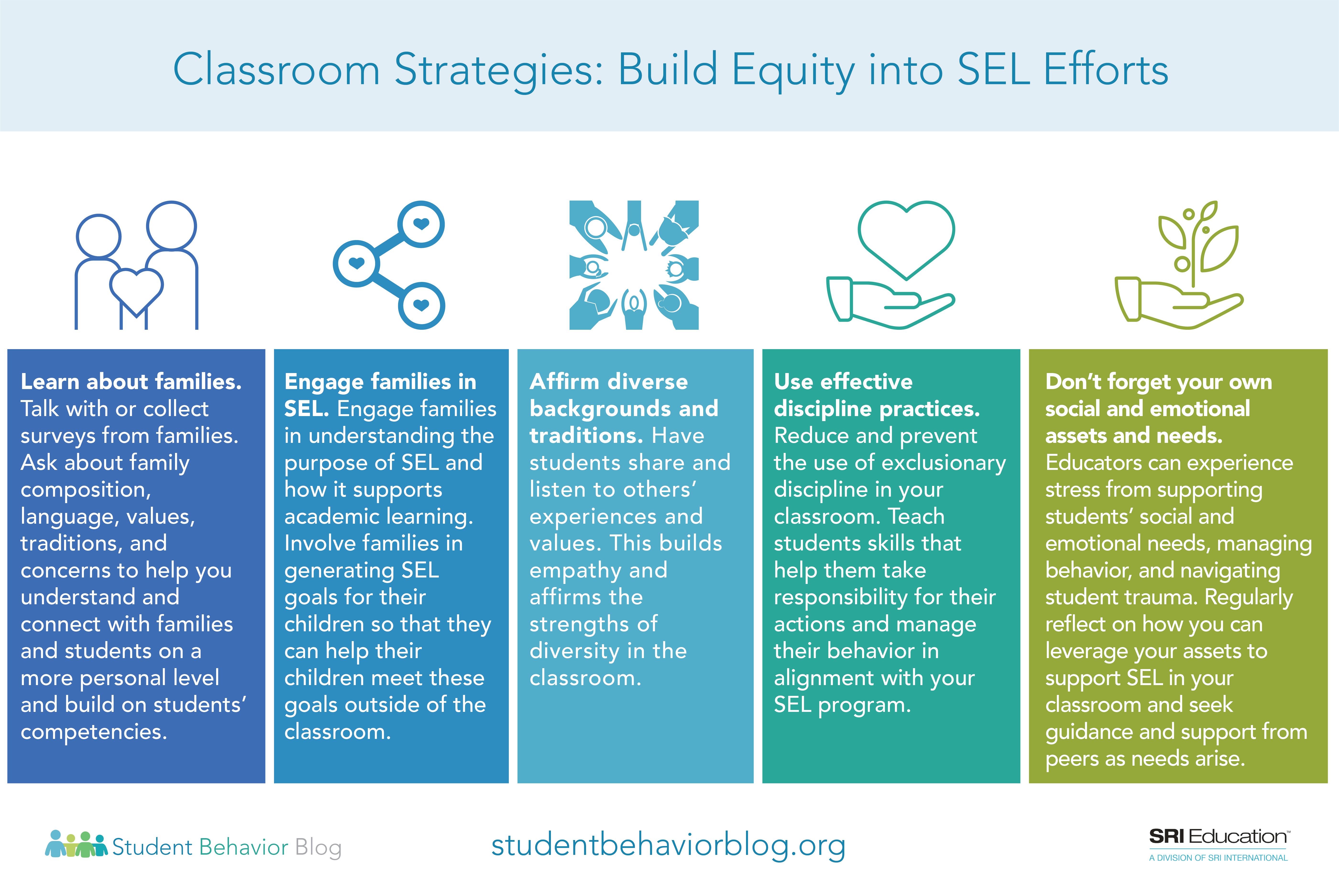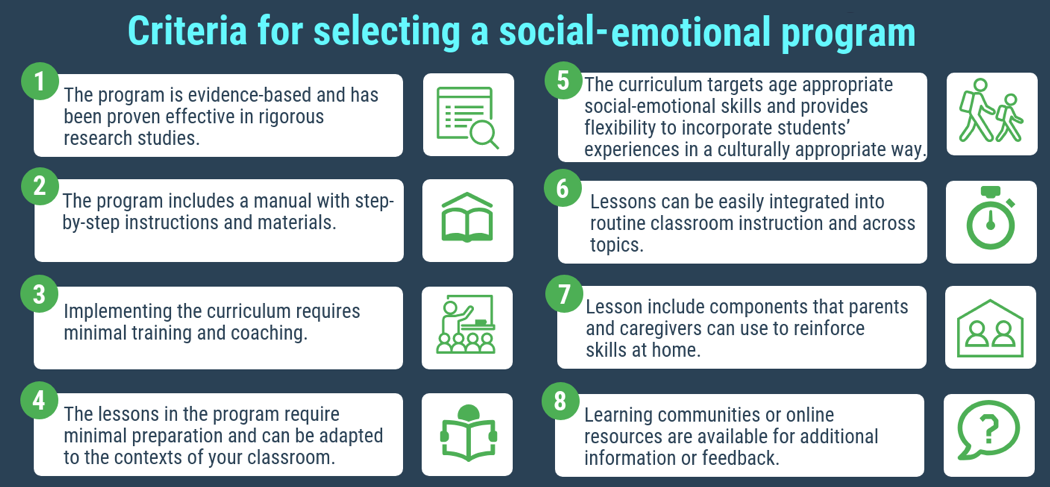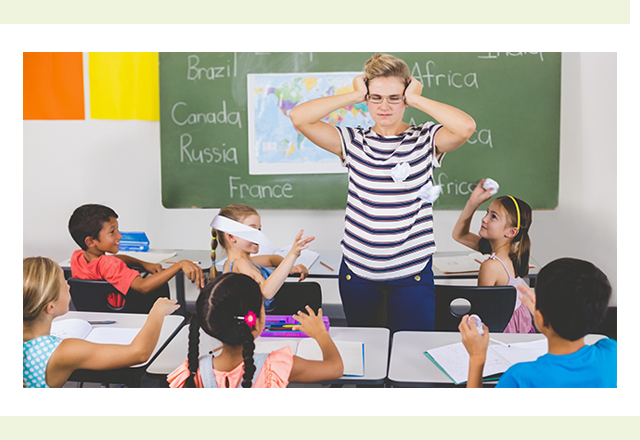BEST in CLASS (Behavioral, Emotional, and Social Training: Competent Learners Achieving School Success) is an evidence-based Tier 2 intervention for children at-risk for emotional/behavioral disorders.
In this study, we examined the effectiveness of Tools for Getting Along (TFGA) on teachers’ reports of executive functioning (EF), social-emotional, and behavioral skills of elementary school students. TFGA is a classroom-level prevention curriculum that teaches students problem-solving steps to apply in emotionally charged situations.
We expect teachers to handle a lot: create engaging learning experiences, differentiate instruction based on student needs, manage behavior, motivate students to learn, and tackle persistent gaps and inequities. More and more, teachers are meeting this challenge by embracing social-emotional learning (SEL), which can support academic learning, teach and reinforce positive behavior, motivate students to … Continue reading Want to build an equitable classroom? Start with social-emotional learning (SEL)
When you really want to focus on social-emotional learning (SEL): Selecting a standalone SEL program
Standalone social-emotional learning (SEL) programs are helpful tools for teachers who want to build students’ social-emotional skills in the classroom setting. However, it can be challenging to select an appropriate, practical, and effective classroom-wide curriculum that will work for all students. We have simplified the process to help teachers and other practitioners make a well-informed decision.
To successfully navigate their school and home lives, students need more than just academic skills. Learning social-emotional skills can benefit all students. Social problem-solving is one social-emotional skill that can help all students in a classroom learn to better manage their emotions and behaviors, cooperate and communicate with peers, and make safer, more responsible decisions.

